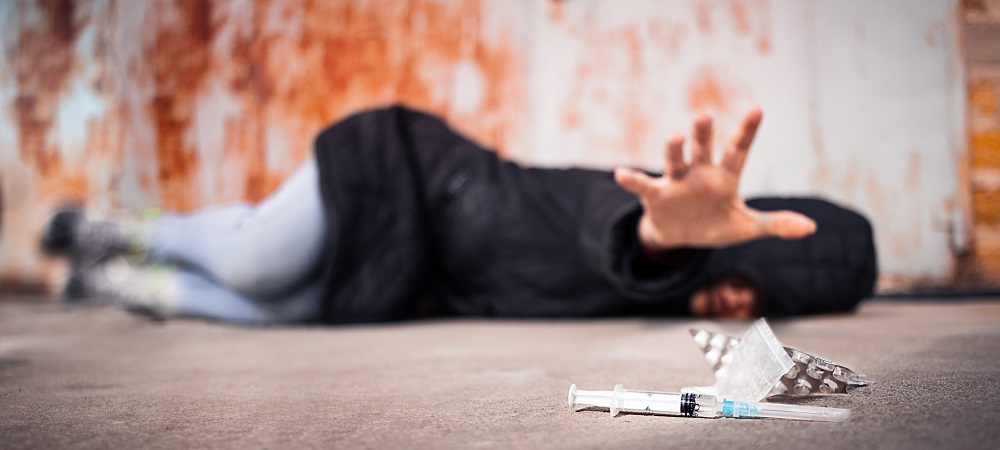One of the realities of substance abuse and addiction recovery is the need to look out for signs of addiction relapse. In medical terms, a relapse is defined as a recurrence of a past medical condition.
Although we tend to associate relapse with addiction, it can happen with many illnesses and conditions. Examples include asthma, malaria, multiple sclerosis among others. And like other conditions, the way to deal with addiction relapse is to resume a prior treatment or tweak a current treatment.
Most people regard relapse as an event during which the recovering addict uses drugs or alcohol after a period of abstinence. In order to understand how to prevent addiction relapse, it is important to know that relapse is not a single event or a single moment in time. Rather, it is a process that culminates in the actual use of the substance.
The Stages Of Addiction Relapse
By knowing about the different phases of relapse, you can equip yourself with the knowledge and tools to recognize the signs of each stage so that you can get the support you need as early as possible.
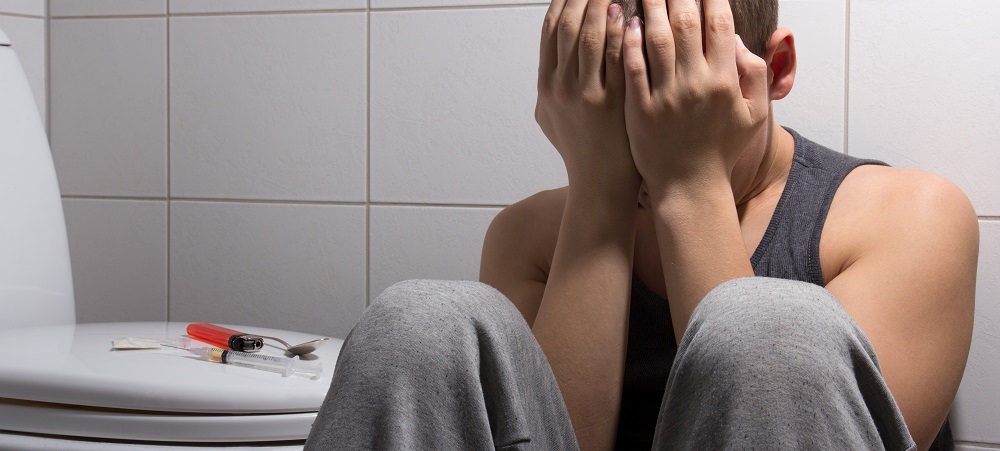
Emotional Relapse
During this first stage of relapse, you are usually not even thinking about using drugs or alcohol. You may be feeling a little overwhelmed, though. You start to experience unexpected moments of anger or irritability, or you may be feeling some anxiety.
These emotions create an environment of vulnerability and a sense that you cannot cope with the stresses of life. If you are in the process of making the transition from rehab back to real life, you may be susceptible to emotional relapse.
This is when you are figuring out your routines, working on your relationships, and possibly looking for a job. There is a lot going on, and the collective stress can seem too much. During this time, you may be at risk of giving in to addiction relapse triggers.
Mental Relapse
This is a time of immense conflict: for the first time, you are thinking about using drugs or alcohol, but you really don’t want to. You feel torn between wanting to maintain sobriety and needing a release for the way you feel.
At some point, you may resign yourself to the fact that sooner or later, you will use the substance again. You may have a sense that trying to fight it is futile. Mental relapse is usually short-lived. Either the addict immediately seeks intensive treatment such as additional time in rehab, or they move on to the next and final stage of relapse.
Physical Relapse
This stage – what most people regard as the relapse – is when you break down and actually use the substance. Sometimes the substance use is a one-time event; other times, it leads to a new phase of active addiction.
Related article: Preventing Addiction Relapse: What You Need To Do
Top Signs Of Addiction Relapse
The following signs of relapse may appear at different stages. If you are new to sobriety, it is useful for you and your loved ones to be familiar with the warning signs of a possible relapse. This makes it easier to ensure that you get the help you need, as soon as you need it.
Sign #1: Anxiety And Depression
You know that you should be feeling excited about your new post-rehab life. You are working hard to settle into some new routines. You are embarking on a job search or reintegrating into an existing job.
You are enjoying spending time with your loved ones again. And yet you feel somehow empty. You find yourself snapping at the people around you for no reason. You experience surges in anxiety and depression. Minor disagreements seem overwhelming.
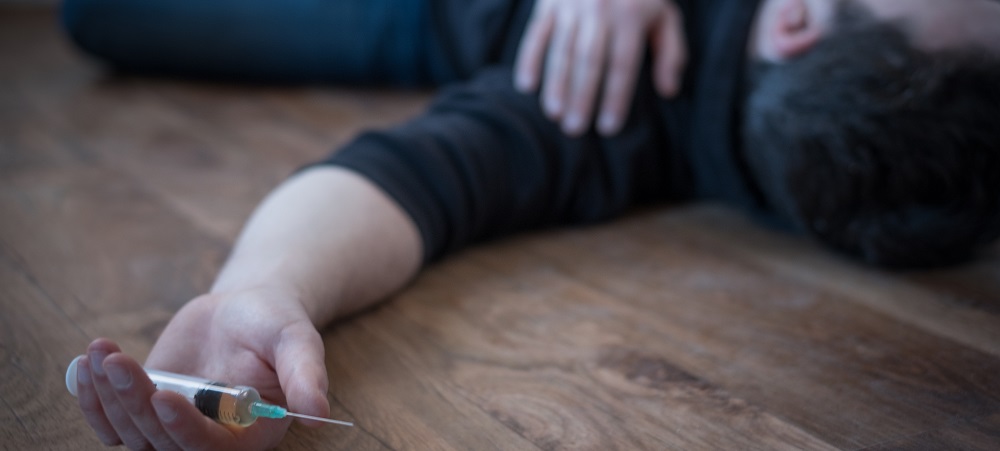
Sign #2: You Start Letting Your Recovery Efforts Slide
You may not be actively thinking of using drugs or alcohol. However, you may be in danger of relapse if you stop being diligent about your recovery efforts. You may skip the occasional AA meeting. You call your therapist to say you are too ill to attend your session. You lose track of your routines.
In the beginning, you may feel that missing the odd thing here and there is no big deal, but the gaps between meetings, therapy sessions and workouts may get bigger and bigger.
Sign #3: Social Awkwardness
You may start to withdraw into yourself even before you have reached the stage of physical relapse. This happens simply because you feel uncomfortable being around people.
You may be feeling guilty about feeling the way you do, and you may be fearful of the world around you. And so you make social commitments and then back out of them. You stop visiting relatives. You retreat to your room and close the door as soon as dinner is over.
Sign #4: Denial
Many people who are approaching physical relapse do not actually realize the danger they are in. And those who do are unwilling to admit it. You may be trying to squelch your feelings of anxiety.
You may be trying to force yourself to behave in a “normal” way, just to hide from the possibility that you are experiencing difficulty.
Sign #5: Decline In Good Judgment
As you become more anxious and overwhelmed, you may start to lose the ability to make sound decisions. The simplest tasks can make you feel confused and overwhelmed. You may find yourself flitting from one uncompleted task to another because you feel incapable of settling down.
Sign #6: You Start To Think You Can Use Again
Thoughts of using drugs or alcohol start to cross your mind. You do not want to go down the path of addiction, but you may feel that you can have the occasional drink. You feel that you need the help of substances to cope with stress. Once you start to think along these lines, your efforts to avoid addiction relapse triggers may fall apart.
Sign #7: Some Withdrawal Symptoms Reappear
Addiction withdrawal symptoms usually peak a few days after the last substance use and fade away within a couple of weeks. Some people experience post-acute withdrawal syndrome (PAWS).
This is characterized by insomnia, memory loss, confusion, and depression that can persist for a long period of time. Without addiction treatment help from professionals, you may be tempted to medicate these symptoms with alcohol or drugs.
Sign #8: You Actively Seek Out Drugs Or Alcohol
Sometimes this takes the form of actually going out and obtaining your substance of choice. And sometimes it simply means you accept an invitation to go to a pub with friends.
This is the last curtain to drop before you physically use substances again. Short of a miraculous last-minute intervention, relapse of almost inevitable at this point.
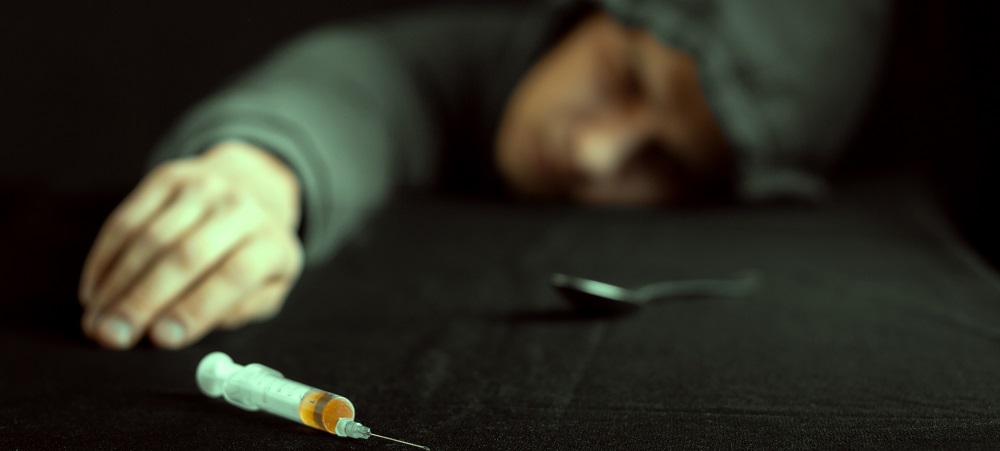
How To Prevent Addiction Relapse
There are steps you can take to reduce your chances of relapse at various points during your recovery journey.
Continue Rehab Activities After Rehab Is Over
Continuity can make all the difference. Many addiction treatment programs include AA or NA meetings. These should be continued when rehab is over. You can also continue with some of the other work that you did during rehabs, such as therapy, regular exercise, yoga, art classes and nutrition counselling.
Avoid Substances At All Costs
This is especially important early on. While you are trying to transition back to real life, you don’t need the pressure of having to say no to something. Stay away from bars and other venues that feature alcohol. Make sure your living space is free from alcohol, cigarettes and other substances. Avoid accepting invitations to visit friends who you know will be drinking or using drugs.
Have Someone You Can Call
Whether it is a sponsor or a trusted friend, everyone needs someone they can call on in times of need. If you are feeling overwhelmed, or you feel you are in immediate danger of relapse, there should be someone you can rely on to come to your rescue. In some cases, this could be the emergency support line of the rehab facility you attended.
Don’t Be Afraid To Return To Rehab
You don’t have to wait until you suffer a relapse – can go back to rehab anytime you feel that you are at risk. If you are experiencing strong cravings and you are doubting your ability to abstain, you may just need some reinforcement of your treatment. It is far better to take this step now before you use drugs or alcohol.
Relapse Is Just A Temporary Setback
Many people feel that if you give in to addiction relapse triggers, your addiction treatment has failed. This is not the case: it simply means you need to adjust something about the way you are living. Maybe you need to temporarily increase your therapy sessions or go to more AA meetings.
Maybe you are missing the benefits of yoga classes you had during rehab. Or perhaps you need a bit of extra help coping with stress or relationship difficulties.
The number one thing you should do if you suffer a relapse is to keep going. You will learn something from the relapse experience. What was the trigger? How did you feel leading up to it? What can you glean from the experience that will help you avoid future relapses?
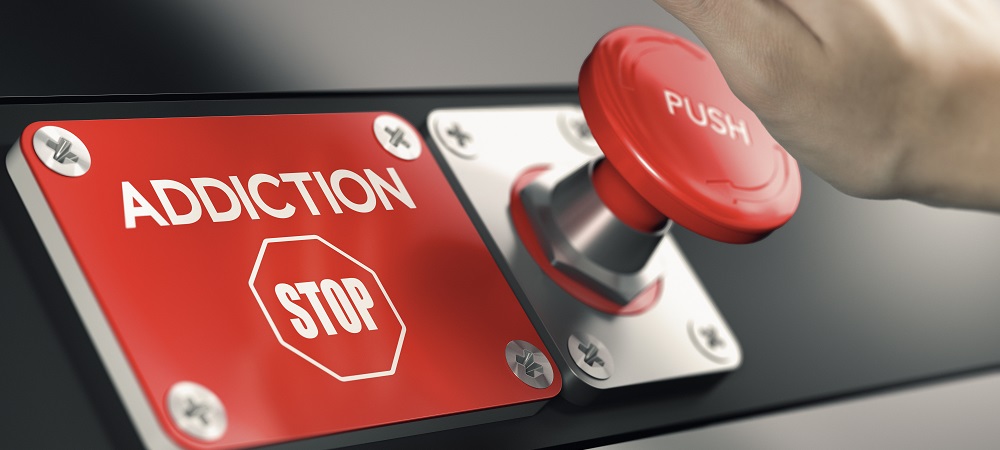
Help Is Always Available
No matter where you are in your recovery journey, 1000 Islands Addiction Rehab & Treatment Centre can help you through these difficult times. We offer customized addiction treatment programs that are based on your needs and circumstances.
We will provide you with a safe place to be as you work through the challenges of relapse, whether you actually used the substance or not. To find out more, call us at 855-601-0555.
Related article: How To Prevent Addiction Relapse
